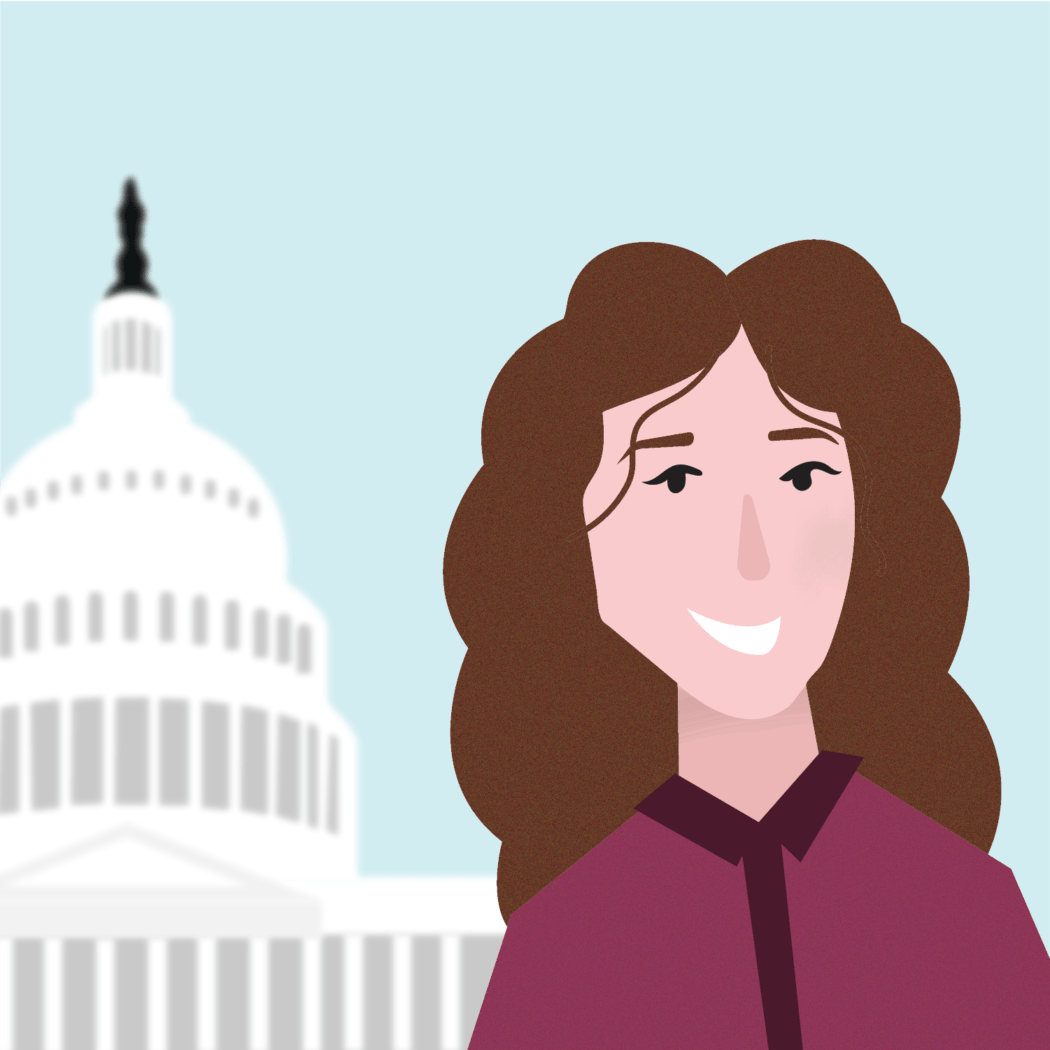UWLP takes a look into female representation in Utah politics
A recent study done by Utah State University’s Utah Women and Leadership Project shows female representation in state politics is getting incrementally better, but there is still progress to be made.
According to the report, The Status of Women in Utah Politics: A 2024 Update, “County commissions and councils in Utah are overwhelmingly held by men at 78.6% compared to 21.4% by women.”
The study also found Utah ranks 39th in the nation when it comes to women serving in the state legislature. In 2020, Utah was 32nd, so that number has fallen. Only 22.7% of mayors in Utah are women, but that is up from 9% in 2017. There are 47 all male city councils in Utah, up from 44 in 2022, and zero comprised solely of women.
In 2023, Utah ranked last in the country on WalletHub, a personal finance company’s ranking of the best and worst states for women’s equality.
UWLP and a Bolder Way Forward, an organization within UWLP, are working on understanding the problem and looking for solutions. According to their website, A Bolder Way Forward’s goal is increasing female candidates and elected officials in Utah.
Kolene Anderson, one of the study’s authors and the associate director of UWLP, said studies like these that track the number of women in Utah politics are helpful.
“Part of the reason that it’s so important to track over time is the incremental wins,” Anderson said. “It’s encouraging. We need to be able to see the progression.”
Anderson said the trends give UWLP insight into the bigger picture happening in Utah politics.
Becki Wright, founder and CEO of Proximity, a company that provides campaign management software, said another way to increase the amount of women in politics is encouraging girls as early as high school to get involved in leadership, allowing girls to see themselves as future leaders and boys to see girls as leaders.
“It challenges those perceptions,” Wright said.
Wright worked on Becky Edwards’ U.S. Senate campaign in 2022 and said often the media often clumped Edwards and her competitor, Ally Isom, together just because they were women.
“Becky and Ally actually had very different platforms,” Wright said. Wright also said women are often scrutinized for what they wear and how they hold themselves in a debate.
“I’m just looking at fair and equal treatment of female candidates as something that we want to bring light to,” Wright said.
Anderson said women are more likely to be harassed and receive comments on their personal appearance. According to Anderson, this could be part of the reason women aren’t as likely to run for office.
“I mean, who wants to be picked apart on a public stage?” Anderson said.
According to Anderson, a survey done by UWLP showed another negative perception of women in politics. A significant number of participants believed when women serve in public leadership or political positions, their families will be negatively affected.
“The numbers of that were surprising enough that I thought, ‘Oh, there’s some perceptions that we need to shift here,’” Anderson said.
Anderson said questions like these are UWLP’s focus in the future.
Many times people aren’t willing to discuss these issues, Anderson said, and she is discouraged when the issues are dismissed. Some women say there are no barriers or challenges in Utah.
“That’s great if there are women that feel that way. The research, the data tells a different story,” she said. “That’s not the case for all Utah women.”
However, there is reason to hope.
“We have seen some great success in our state, even just in recent years, about women in leadership roles at the more local and municipal level,” Wright said. “Even though we are still far behind, we are making momentum in that area.”
Involvement in the local sphere gives women success and experience to feel comfortable running for higher positions, she said.
“We’re not looking for the token females in the room, we are genuinely looking for women who are given that opportunity to lead and are trusted to do so. I do think that there’s going to be some good progress in the future,” Anderson said. “I am very optimistic about the future of Utah. We’ve got some work to do for sure, but I see some great momentum.”

